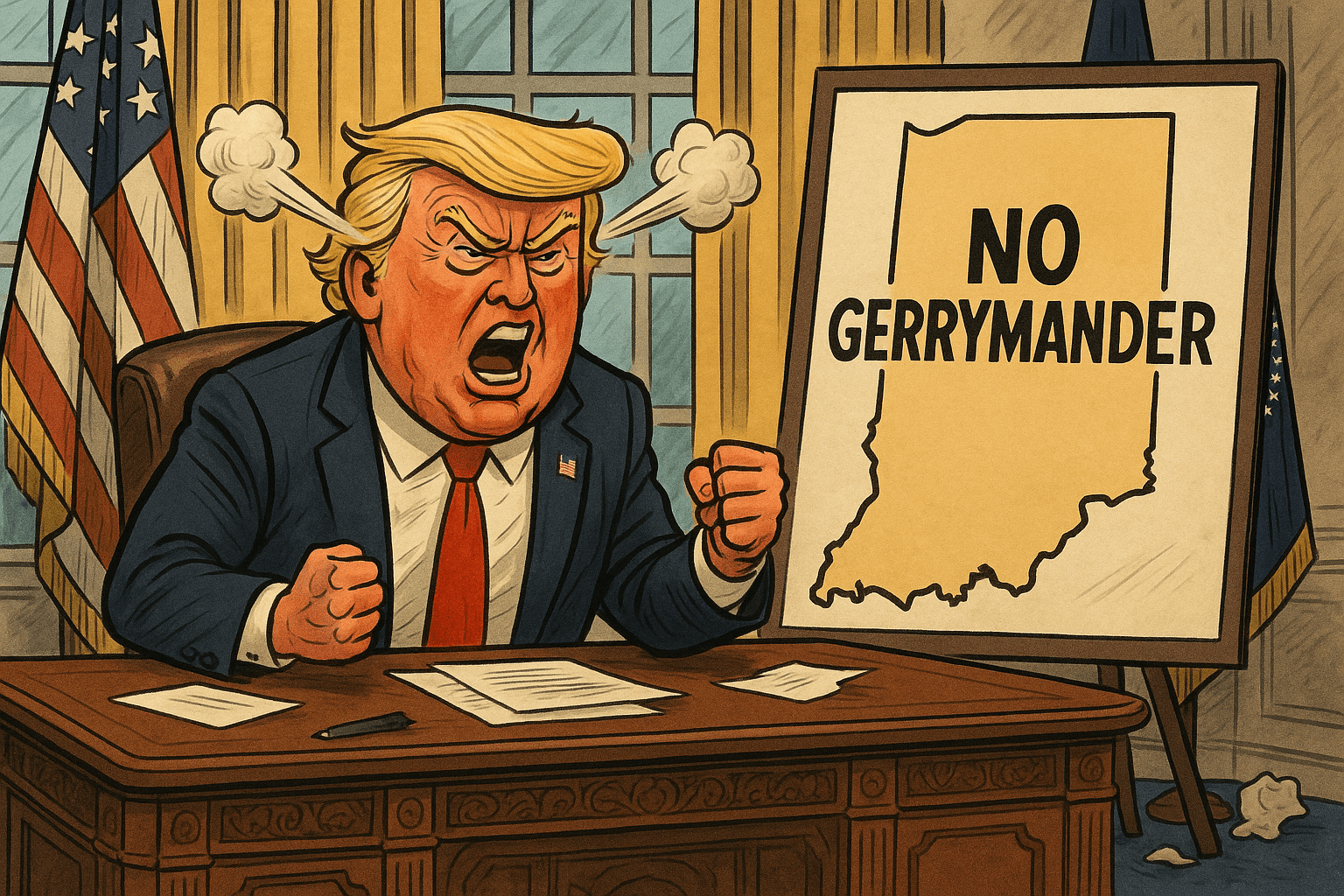Supreme Court To Consider Hearing Bipartisan Lawsuits Challenging Open Primaries
Legal efforts to shut out voters from publicly-funded primary elections in Hawaii and Montana may be heard by the Supreme Court next week.
The lawsuits challenging open primaries were brought by Republicans and Democrats alike. On February 17, the court will decide whether to reconsider the findings of lower courts in the cases of Ravalli County Republican Party v McCulloch and Democratic Party of Hawaii v Nago.
Previous decisions have upheld Montana and Hawaii’s open primaries as constitutional. However, the major parties remain undeterred and aim to take their case to the nation's highest court.
What's at stake?
In both suits, the plaintiffs' arguments relied on precedent that recognized the political parties' First Amendment right to not associate with voters who are not members of their party. This precedent was established in 2000 in the case of Democratic Party v Jones, which concerned California's old blanket primary system where all party primaries were listed on the same ballot and voters could choose to participate in different party primaries for each office on the ballot. Now, the political parties are trying to extend that holding to all open primaries.
Advocates of inclusive primaries argue that the primary election is an integral part of the publicly-funded election process, and as such, no part of that public process should exclude any voters. Another argument can be made that forcing any voter to join a political party as a condition of participating at any stage of the public election process is also unconstitutional.
Several organizations -- including the Independent Voter Project, FairVote, Open Primaries, and the Center for Election Science -- have proposed alternate systems that respect the parties' rights as well as the rights of individual voters.
Chad Peace, attorney for the Independent Voter Project, explains what's at stake:
To date, our court system has recognized the right of association as it applies to private political parties. Hopefully, in the near future the court will recognize the suffocating effect of closed primaries on the fundamental right to vote and recognize that every person has that same fundamental right to not associate.”
Montana
In the case of Republican Party v McCulloch, the Republican Party of Montana and local Republican committees attempted to close the state’s primary elections ahead of the 2016 Republican Presidential Primary. Despite emergency appeals, a federal court upheld an earlier decision and Montana’s 2016 primary continued as it had since 1912 - open to all voters.
The court declined to hear the case in March 2016. Now, the Supreme Court will consider whether or not to take up the case once again. After plaintiffs request was denied last year, the Montana Republican Party left the suit, but local county central committees remained.
Hawaii
Democratic Party of Hawaii v Nago originated in 2013 when the Democratic Party sued the state’s chief election officer, Scott Nago. The suit attempted to invalidate Hawaii’s open primary system, which was adopted in 1978.
In 2016, the Ninth Circuit Court of Appeals upheld Hawaii’s open primary as constitutional, following an appeal from a lower court. The Ninth Circuit held that the Democratic Party of Hawaii did not produce enough evidence to show that the state’s open primary system violates the party’s First Amendment right to association.
Related: Lawsuit Challenges Constitutionality of New Jersey Primary
Related: How Primary Elections Work: An Overview and Legal Analysis






